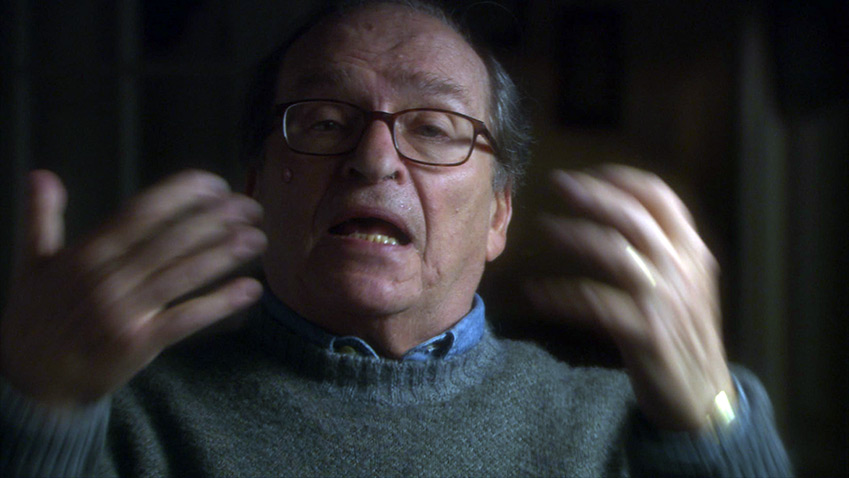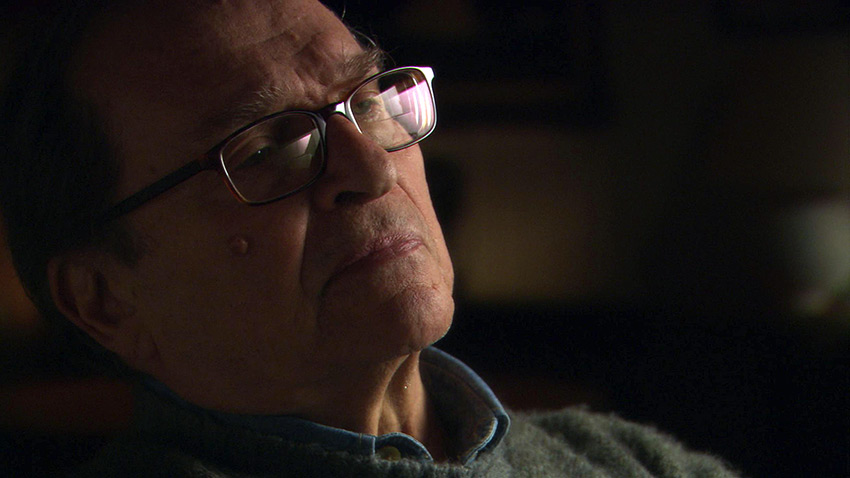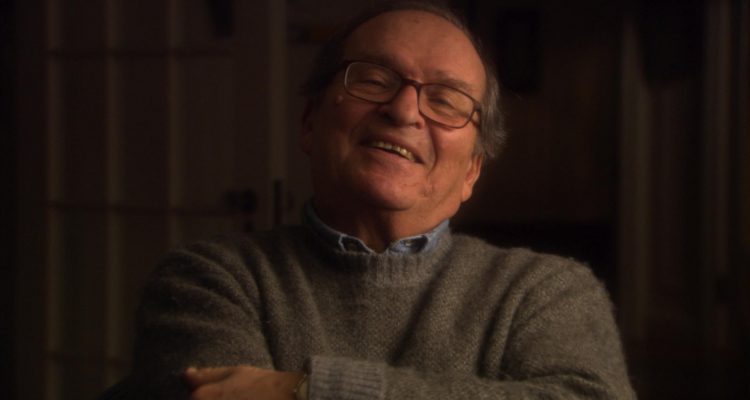His films don’t necessarily have the hip reputations of some of his contemporaries, he wasn’t as precious about the work as some other auteurs, and he never won a Best Director Oscar (though he received an honorary one in 2005). But there can be no question that Sidney Lumet was one of American cinema’s finest filmmakers, as anyone who has read his seminal book “Making Movies,” or just seen one of his many great films, can attest. Over a 50-year career, and almost as many movies (here’s our retrospective of his work), Lumet undeniably made some duff films (“The Wiz,” “A Price Above Rubies” and “Gloria“), but for every questionable picture, there were two solid classics.
Starting with his 1957 debut “12 Angry Men,” and ending with the brutal, powerful “Before The Devil Knows You’re Dead,” with works like “Fail-Safe,” “The Pawnbroker,” “The Offence,” “Serpico,” “Dog Day Afternoon,” “Network,” “The Verdict” and many more marking career highlights, to some extent Lumet was never afforded the kind of auteur status as many of his peers, in part because of the diverse, ever-shifting nature of his work. But Nancy Buirski‘s documentary sets out to change your impression of Lumet, carving out a convincing argument that the director had consistent themes and concerns — and very personal ones at that — running through his work in a way that might not have been immediately apparent. The film began as a project for American Masters nearly a decade ago, with the late Daniel Anker having filmed a lengthy interview with Lumet in 2008, before they both passed away. Buirski completed the project with the help of “Creative Supervisor” Martin Scorsese (!) and Executive Producer Brett Ratner (!!), and keeps it pure and simple: there’s nothing in the movie but the Lumet interview, and clips from his work.
 The documentary starts off on a rather shocking note, as Lumet recalls being posted abroad in the military, and witnessing, and failing to stop or report, a group of G.I.’s gang-raping a young local girl. Tears running down his face, he calls it the worst thing he ever did in his life, and Buirski’s effective thesis suggests that his inaction informed so much of his work that followed. “Doing the right thing” and questions of morality can be found from “12 Angry Men” and early TV drama “Tragedy In The Temporary Town” (with extraordinary footage showing a young Lloyd Bridges getting lost in the moment and calling the other characters “sons of bitches”), through “Serpico,” to his later works. The carefully selected clips, and the filmmaker’s own words, demonstrate what he calls the backbone of his filmography, the question of, as Lumet puts it, “Is it fair?”
The documentary starts off on a rather shocking note, as Lumet recalls being posted abroad in the military, and witnessing, and failing to stop or report, a group of G.I.’s gang-raping a young local girl. Tears running down his face, he calls it the worst thing he ever did in his life, and Buirski’s effective thesis suggests that his inaction informed so much of his work that followed. “Doing the right thing” and questions of morality can be found from “12 Angry Men” and early TV drama “Tragedy In The Temporary Town” (with extraordinary footage showing a young Lloyd Bridges getting lost in the moment and calling the other characters “sons of bitches”), through “Serpico,” to his later works. The carefully selected clips, and the filmmaker’s own words, demonstrate what he calls the backbone of his filmography, the question of, as Lumet puts it, “Is it fair?”
The film digs out other through lines, too, including Lumet’s complex relationship with his father, an actor in the Yiddish theater, which Buirski underscores using footage from ‘Before The Devil,’ “Running On Empty” and “Daniel” (a 1983 adaptation of an E.L. Doctorow novel about the Rosenbergs that was ignored by critics and audiences, but which Lumet considered one of his favorites of his own work). The Holocaust, his relationship with Elia Kazan, and his love of actors (he adoringly calls Al Pacino “an open wound” at one point) all feature prominently, too.

The film isn’t exactly formally inventive (in fairness, it’s been made for PBS), and one could perhaps take it to task for a lack of objectivity, were Lumet not so winningly self-interrogating. Maybe more importantly, it’s probably a film for fans of the director, rather than those seeking an introduction to him: it jumps through his career in a non-linear way, and certainly benefits from some pre-existing knowledge of his work. But anyone who loves all, some or one of Lumet’s movies is likely to be in heaven. Buirski has crafted a film that feels less like a documentary and more like a long, wide-ranging, disarmingly honest, highly entertaining dinner conversation with a man who was one of cinema’s smartest, most articulate and most compassionate figures. [B+]
This is a reprint of our review from the 2016 Cannes Film Festival.

